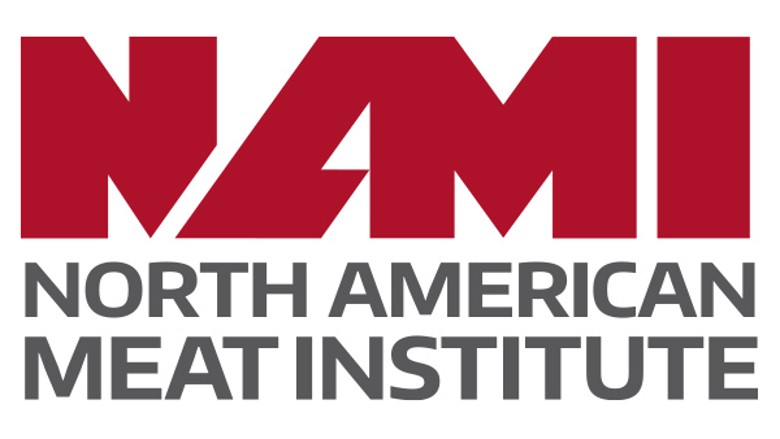The North American Meat Institute will offer key educational programming on timely topics for meat and poultry companies at the 2023 International Production & Processing Expo (IPPE), which takes place on Jan. 24–26, 2023, in Atlanta, Ga. Topics will include Appendix A and B, foreign material prevention and control, and sustainability and innovation.
“IPPE is the perfect place to offer our most in-demand programs, which include implementation of the latest guidance from the Food Safety and Inspection Service, industry led efforts to prevent foreign material in products and forward-looking programming on innovation and sustainability,” said Julie Anna Potts, president and CEO of the North American Meat Institute. “There are learning opportunities for all attendees which are designed to directly benefit their businesses.”
The following opportunities are available to attendees who must register here:
- Understanding and Implementing Updated Appendix A&B Guidelines
- Monday, Jan. 23, 2:00 p.m.–5:00 p.m.
- Tuesday, Jan. 24, 8:00 a.m.–11:00 a.m.
- Registration Fee: $299
Learn how to navigate the updated Appendix A and Appendix B guidelines. In this workshop, NAMI will explain the differences between the previous version and the updated version of the guidelines, and how the updates may affect your processes. The workshop will cover what to do in the event that companies can no longer follow the updated version of the Appendices, as well as include a discussion on which hazards are associated with cooking and cooling deviations. Additionally, NAMI will provide step by-step instruction on how to use pathogen modeling, including information on selecting the most appropriate program and a discussion on when sampling should occur in response to a deviation. Don’t miss this opportunity to ensure your processes are in compliance and learn from industry experts.
- Foreign Material Prevention & Control Workshop
- Wednesday, Jan. 25, 8:00 a.m.–12:00 p.m.
- Registration fee: $249
This workshop is designed to help meat and poultry processing establishments reduce the occurrence of foreign material in meat and poultry products. Food safety is the top priority of the industry, and the North American Meat Institute, along with the National Turkey Federation, the National Chicken Council, the American Association of Meat Processors and the Southwest Meat Association, recently published The Meat and Poultry Industry Foreign Material Manual: Considerations for Designing a Foreign Material Control & Prevention Program. This workshop will provide a comprehensive look at the most critical information for establishments to consider when designing a Foreign Material Control & Prevention Program (FMCPP). Divided into three main sections—prevention, detection and response—attendees will come away with a better understanding of how to develop establishment-specific FMCPPs.
- Animal Agriculture Sustainability Summit
- Tuesday, Jan. 24, 9:00 a.m.–12:00 p.m.
- Registration fee: free (included with trade show admission)
An ever-increasing population coupled with a changing agricultural workforce has compelled the animal agriculture industry to make sustainability its top priority. Each animal agriculture sector has initiated an industry-driven program to define sustainability and measure its commitment to become more sustainable. Representatives of the meat, poultry and animal feed industries will share details on the development of industry programs or tools to advance their aspirations of producing more protein in a sustainable fashion.
- Securing the Future of Meat: Sustainability, Innovation and the Next Big Thing
- Wednesday, Jan. 25, 8:30 a.m.–10:00 a.m.
- Registration fee: free (included with trade show admission)
The future of the animal protein industry is full of promise, with no shortage of challenges to overcome. This session will bring together thought leaders and operational experts to discuss what sustainability looks like, now and in the future, from an environmental, nutritional, food safety, workforce and animal welfare perspective. With technology, an evolving workforce and innovation driving societal change, how does the meat industry fit in? Don’t miss this opportunity for thought-provoking content, followed by discussion and interaction on what it means to create a sustainable future.
Sources: NAMI; IPPE



Report Abusive Comment